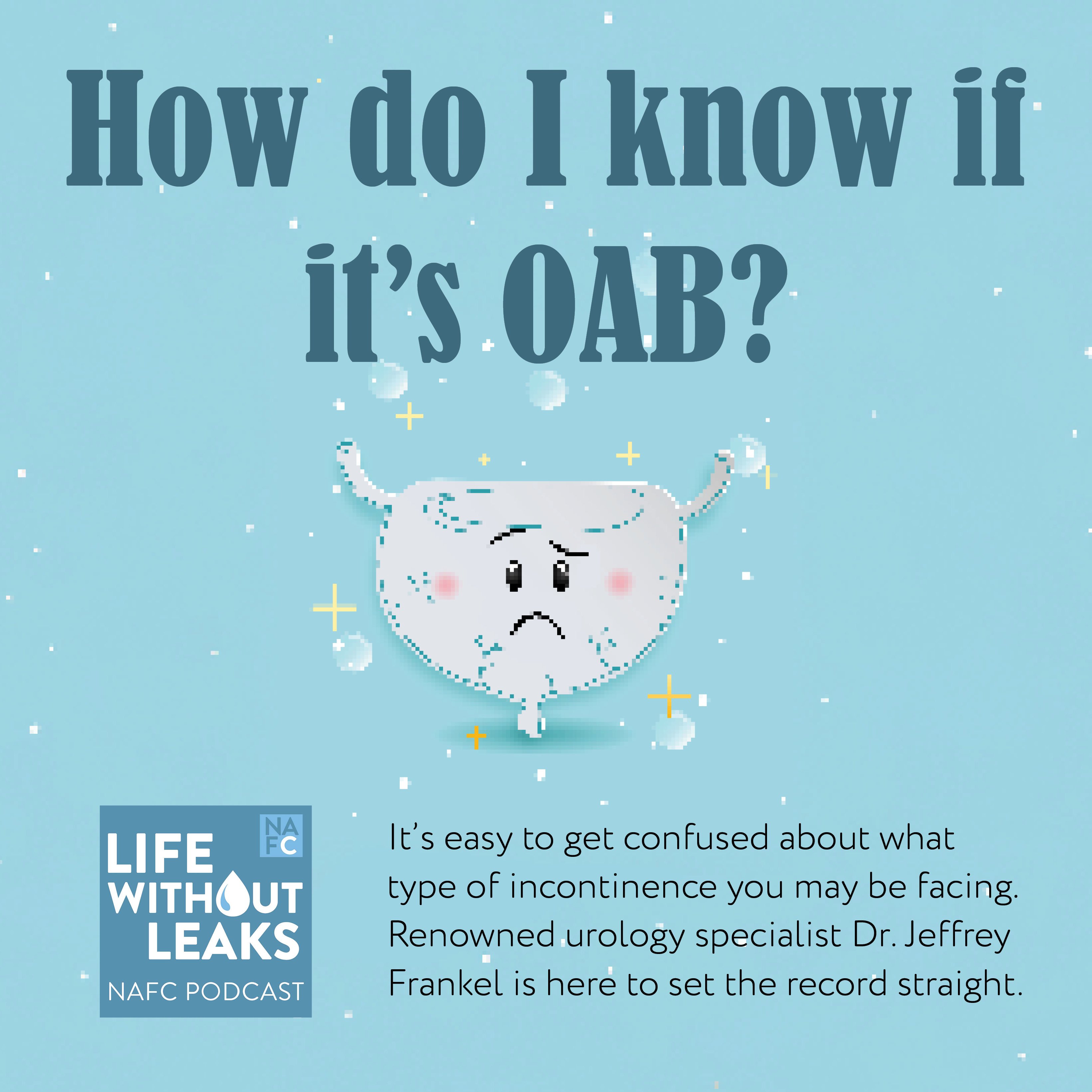Incontinence can be challenging for almost anyone, and it can be particularly difficult for frail, older patients as well as those on Medicare and Medicaid. Today’s guests are here to let you know that it doesn’t have to be.
They’re here to give us a sneak peek into a soon-to-be-published study that patients, physicians and caregivers can all take comfort in, because it demonstrates how an easy-to-implement program can generate significant symptom improvement and dramatically increase quality of life for incontinence sufferers.
For more than twenty years, Tenderheart Health Outcomes has been offering personalized incontinence coaching, high-quality products and close, personal support for members of the incontinence community.













